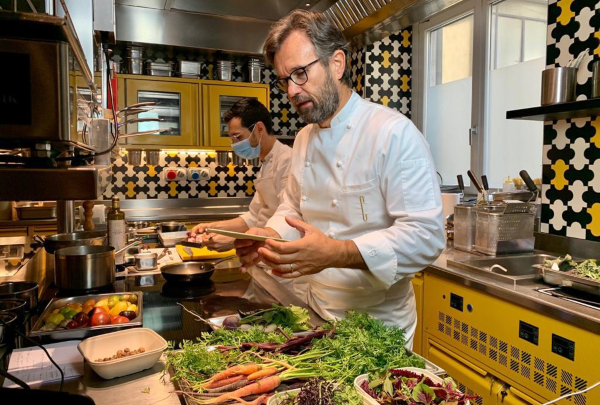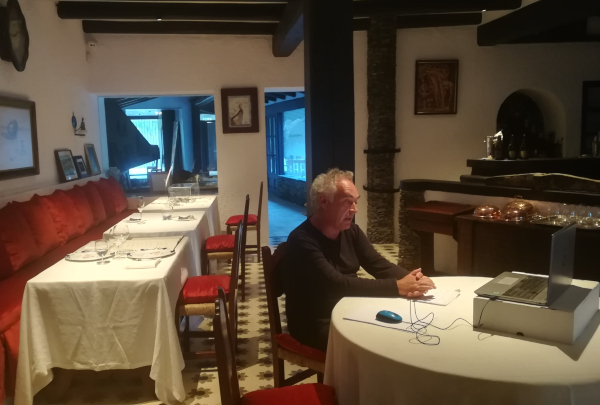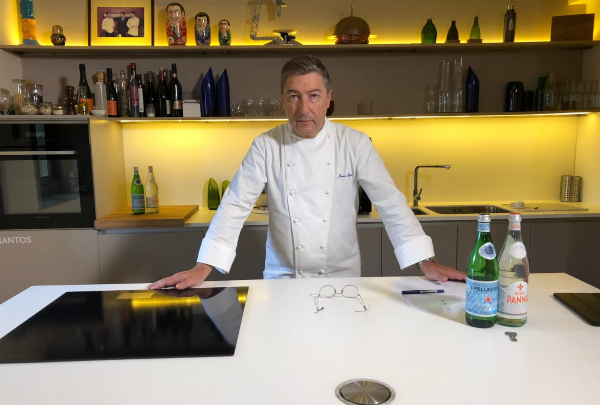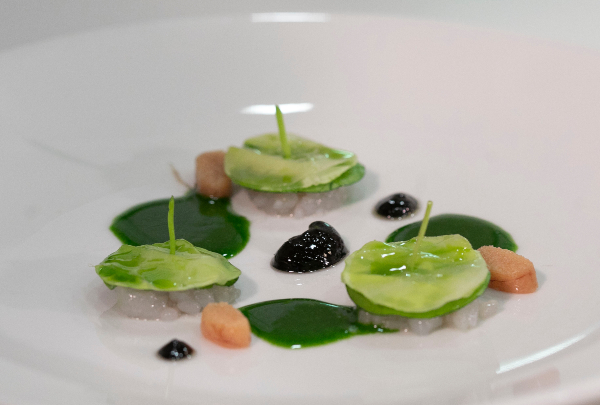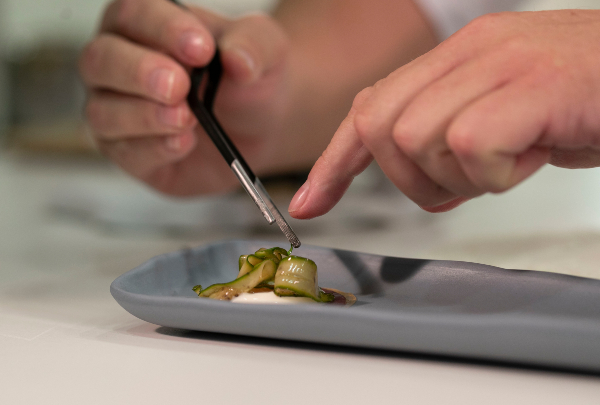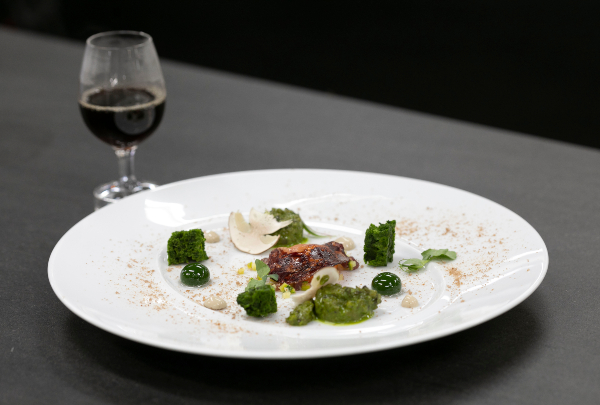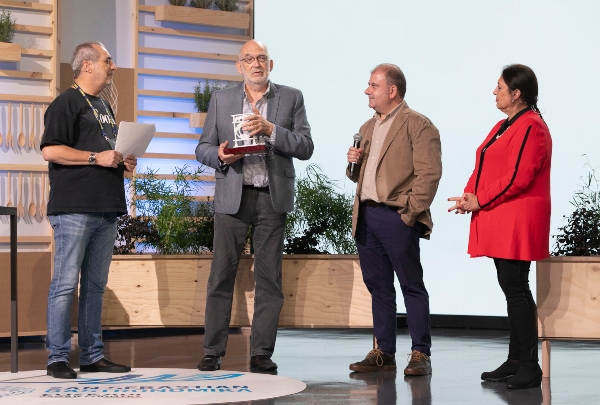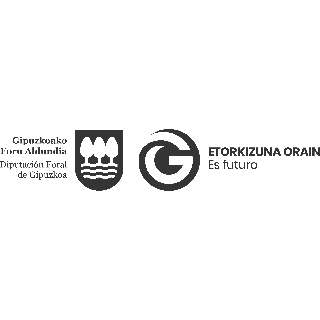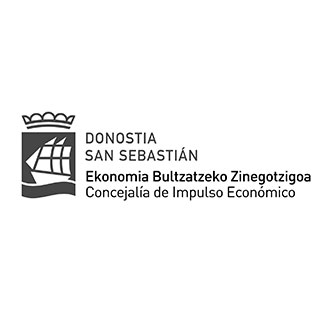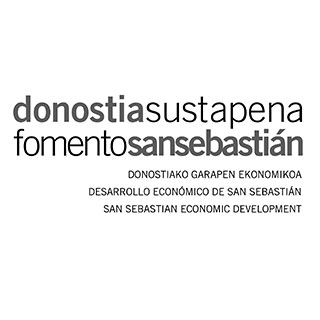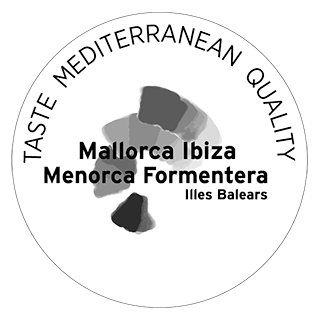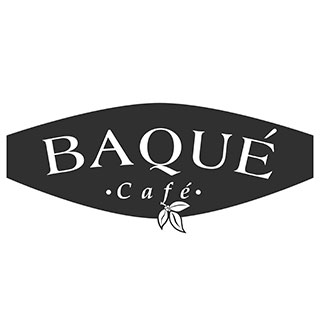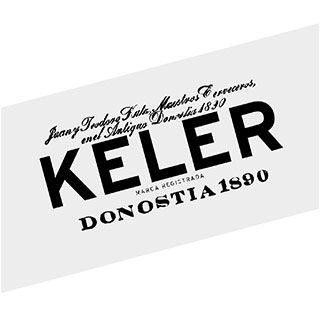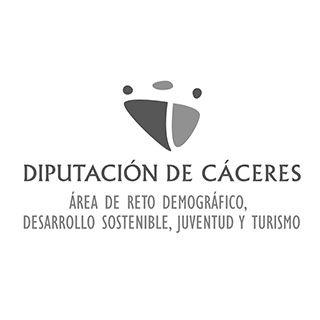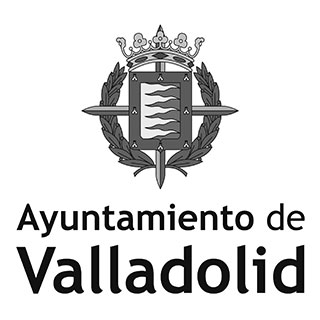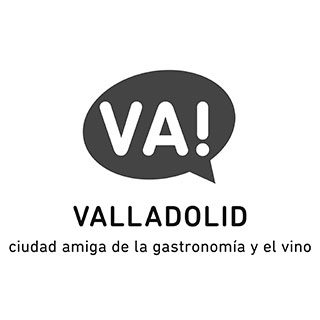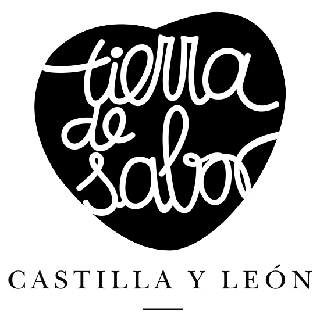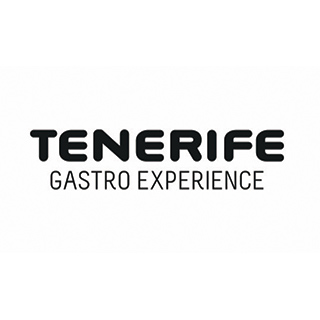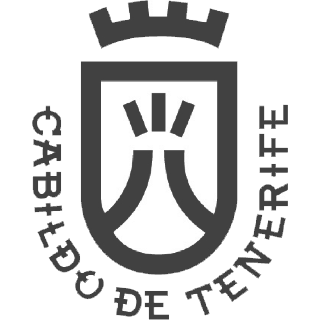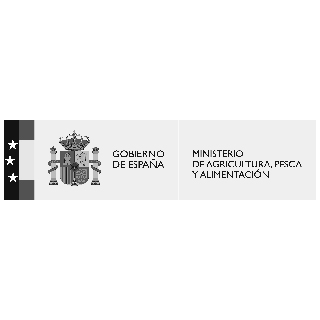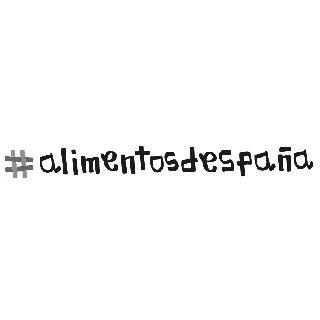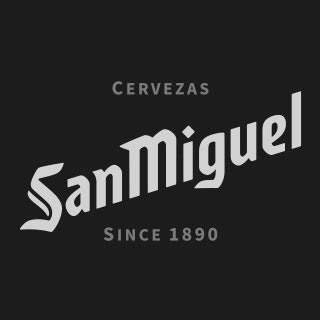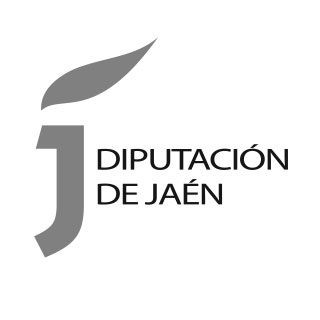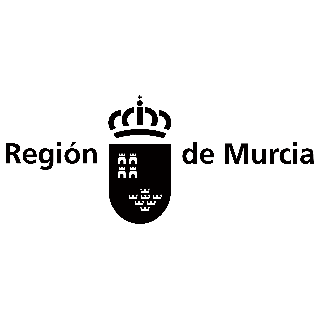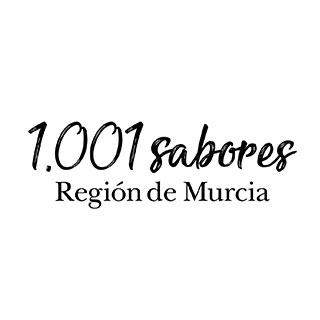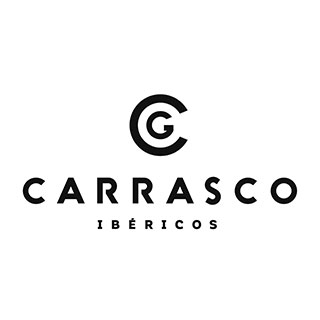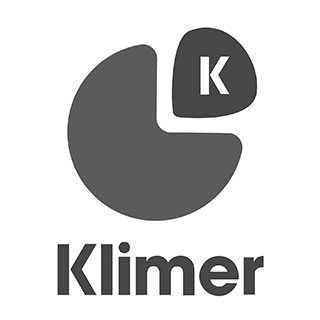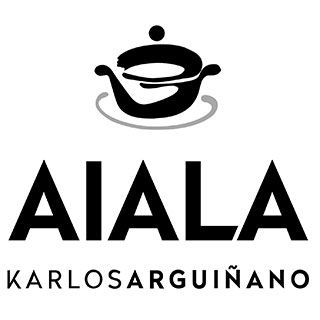News
Ode to individual verses in the kitchen
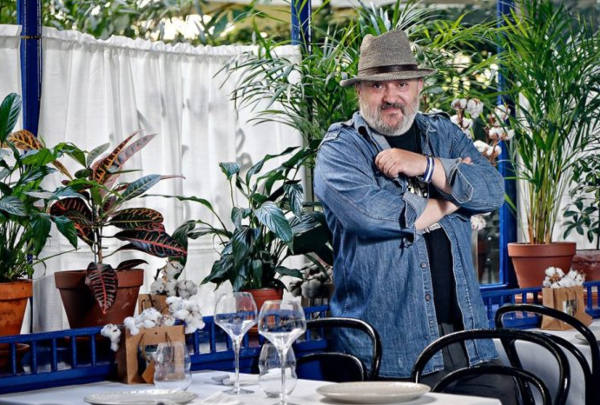
A handful of heterodox chefs who defy the rules of haute cuisine take centre stage at the next edition of San Sebastian Gastronomika.
For decades there seemed to be only one route to the top. A 'long, but limited' tasting menu, creative cuisine with strong technological support and systematic production, service based on protocol and hierarchy, tableware, glassware and luxury table linen and an ambitious wine list. Without these requirements it was difficult to fit in with the standards set by the Michelin guide and practically impossible to make your way on the international gastronomic scene. Until now. In its efforts to explore relatively unexplored paths of world cuisine, the next edition of San Sebastian Gastronomika - Euskadi Basque Country has set out to put the spotlight on a handful of restaurants in our country that have decided not to follow the established models. The organisation of the congress has dubbed them 'the heterodox' and the day of Tuesday, October 6 will be dedicated to them.
“They are young or not so young chefs, who have chosen a different path, practise direct cooking without major changes, are closely linked to the products they use, and are committed to a different business model, based on on-site attendance, where the customer is more important than the chef's signature”, explained Benjamín Lana, president of Vocento's Gastronomy Division and the event's ideologue, in broad terms. He clarified that “there is no prior intellectual movement” in the Nordic style and that the protagonists themselves “have no awareness of generation”, but they all share a “common philosophy based on authenticity” as a rising value in world cuisine.
Rafa Peña, Pedro Sánchez, Jordi Vilà, Nino Redruello, Andreu Genestra, Iván Domínguez, Carlos Torres, Elisa Rodríguez and Pablo Loureiro... Their names may not be as well-known as those of their star colleagues at Gastronomika, but they are being passed on by word of mouth among connoisseurs. About twenty of them will appear in one form or another at the congress, which, in addition to the usual presentations, will deal with the phenomenon in a round table debate and show a documentary on some of the most refined examples of what can be called ‘post-bistronomy’.
The concept is an evolution of 'bistronomy', a trend that originated in France in the 1990s and became popular in our country at the turn of the century, which many saw as a lifeline after the 2008 crisis. But in this case, it is not so much a question of adapting haute cuisine to a more informal and affordable format - the restaurants we are talking about are nobody's second brand - but rather projects based on a different attitude. It is true that they tend to be more flexible, to accommodate customers' tastes rather than the chef's personality. The service is usually more relaxed, the culinary offerings change and the bill is friendly, allowing them to cultivate a relatively frequent clientele fed by hard-core gourmets.
Presentations, a documentary and a round table
This is the only way to explain the success of Bagá (Jaén), a tiny place in a city without tourists where Pedrito Sánchez officiates over every service for less than a dozen people. Or Gresca in Barcelona, a pioneer of the phenomenon that has sustained its development through the tireless work of Rafa Peña and Mireia Navarro, without ever needing a PR agency. Both will take part in the congress with their own presentations, as will Iván Domínguez, from NaDo in A Coruña, who will tackle the traditional conservation of fish in Galicia and its potential in contemporary cuisine; Andreu Genestra from Mallorca, from the restaurant of the same name, who will talk about “trees as food” and Nino Redruello, who will explain the keys to replicating the success of Madrid-based restaurant Fismuler in Barcelona.
One legend of the trade who is reluctant to be labelled is Sacha Hormaechea, whom many of the 'heterodox' see as a role model. The eternal dissident of the country's cuisine will also be taking part in the congress, in a round table where he will try to unravel the meaning of neo-bistronomy alongside Nino Redruello and Pablo Loureiro from San Sebastian-based Casa Urola.
A few clues will have already been revealed during the presentation of the documentary that the organisation has filmed for the occasion, visiting some of the most representative restaurants that are part of this new culinary heresy. The film features Rafa Peña (Gresca, Barcelona); Carlos Torres (La Buena Vida, Madrid); César Martín (laKasa, Madrid); Jordi Vilà (Alkostat, Barcelona) and Pedro Sánchez, (Bagá, Jaen) and will serve to define the boundaries of the phenomenon. If it is possible to dovetail a handful of individual verses...
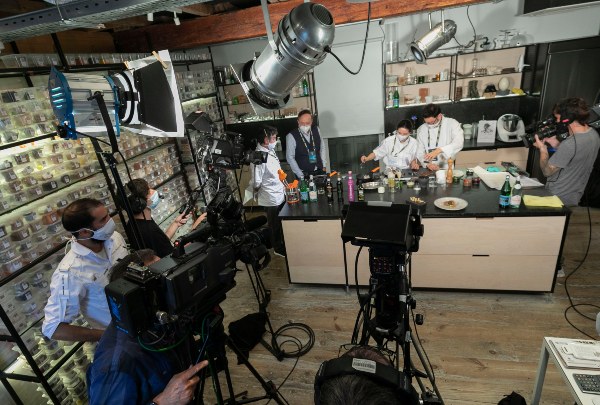
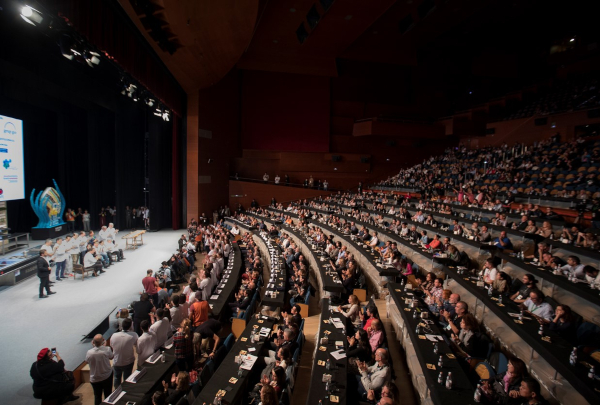
.jpg)
